Recently Released.
Newly Released in the last 30 days


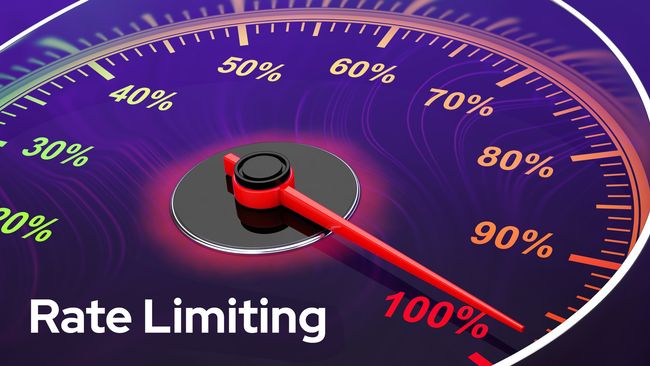
Rate Limiting an Organization's HTTP Requests
In this lesson, we'll cover how to throttle how often an organization can hit our API using HTTP Rate Limits, which is crucial for preventing spam, limiting content access, and managing server load.


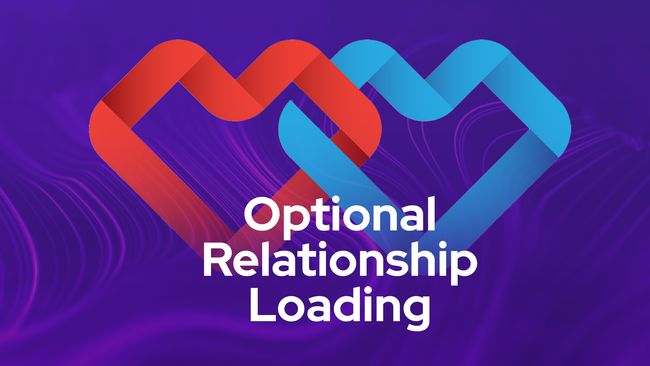
User-Defined Relationship Loading
In this lesson, we'll let our users tell us which relationships they'd like to get back in our lesson search. We'll also discuss how to handle nested relationships and what to watch out for.


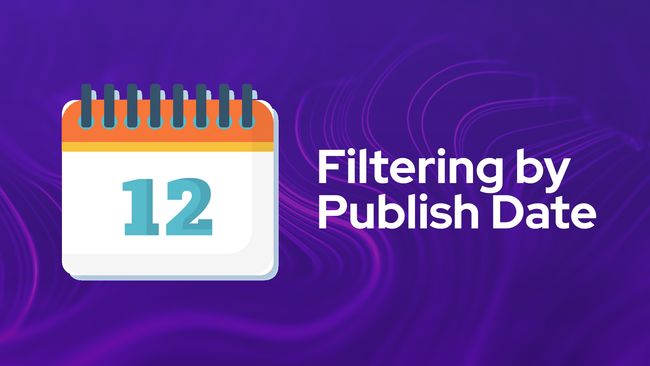
Filtering Lessons by Publication Date
In this lesson, we'll add the ability to search lessons by their publish date and time. We'll utilize before and after properties to allow for filtering that can look forward, backward, or within a specific date range on our lesson's publish at column.


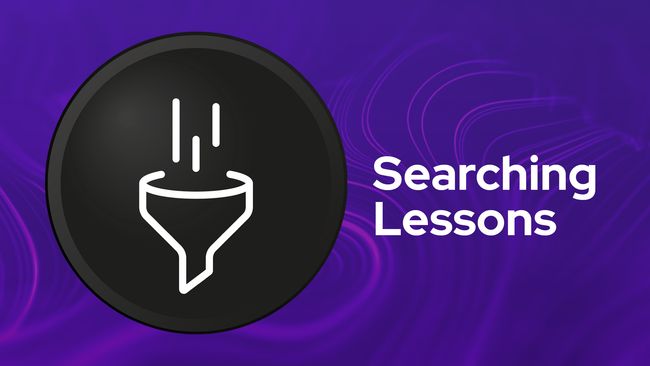
Searching and Filtering Lessons
In this lesson, we'll take the filters we've created thus far and apply them to a new lessons search endpoint. We'll be able to search our lessons by name, status, access level, and module.



Making our Search Course Action Easily Reusable
In this lesson, we'll make our search course filters optional to increase the reusability of our action. We'll then switch our courses index route handler to use this action.


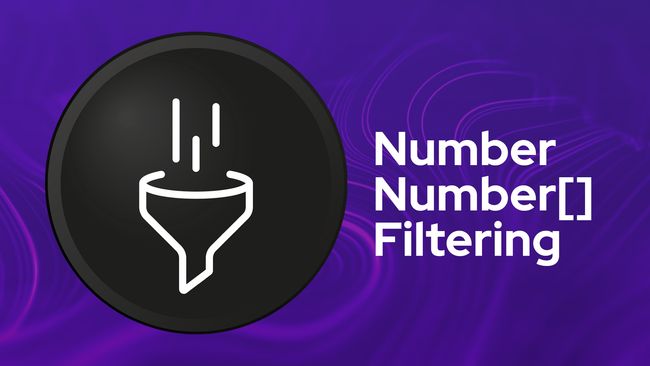
Filtering by a Number or Array of Numbers
In this lesson, we'll implement our number filtering system in which we'll allow our search APIs to accept a single number or an array of numbers to filter the data by. To validate this, we'll use the union rule from VineJS.


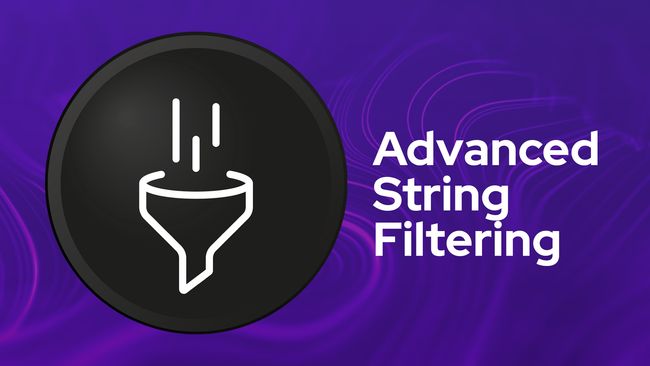
Advanced String Filtering
In this lesson, we upgrade our course name filter to support both simple strings and advanced object-based queries using VineJS’ union rule. This allows users to specify not just what to search for, but how to search for it.


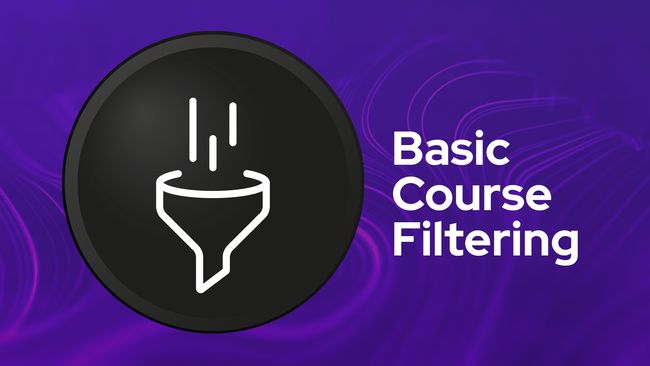
Basic Course Search & Filter
In this lesson, we'll add a new search endpoint for our courses and enable some basic filter functionality along with it. We'll be able to search by course name likeness, status, difficulty, and/or access level.


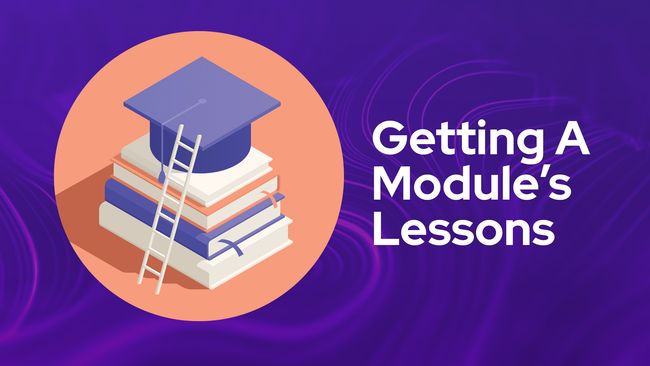
Getting A Module's Lessons
In this lesson, we'll remove our lesson's index method in favor of a module method whose purpose will be to fetch a module's specific lessons in their stored order.
Lessons.


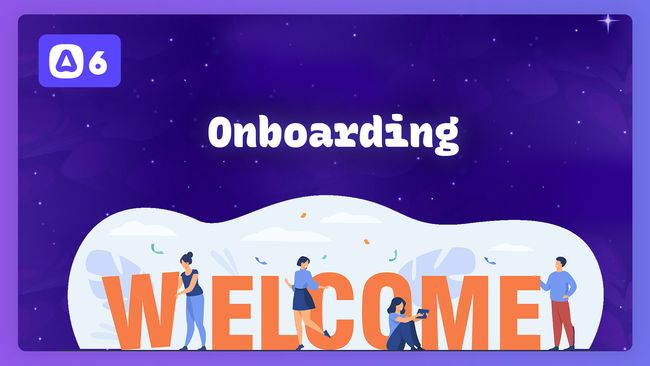
Onboarding Newly Registered Users
In this lesson, we'll create our onboarding flow for newly registered users. Before users can enter the application, they'll need to have at least one organization set up so everything works smoothly.


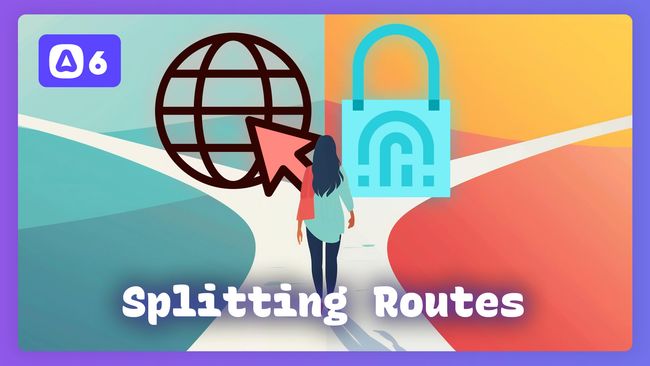
Splitting Our Routes Between Auth & Web
In this lesson, we'll split our routes into two files: auth and web. Our auth routes file will contain all our authentication-based route definitions and our web routes will contain the remaining.


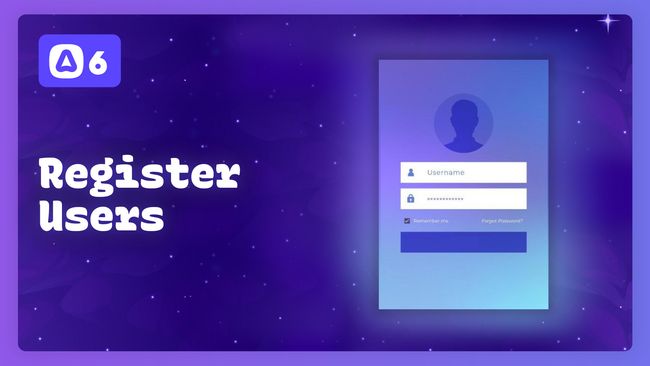
User Registration with InertiaJS
In this lesson, we'll complete our user registration flow by validating our registration form data, creating a new user, logging that user in, and forwarding them to the next page in the flow.


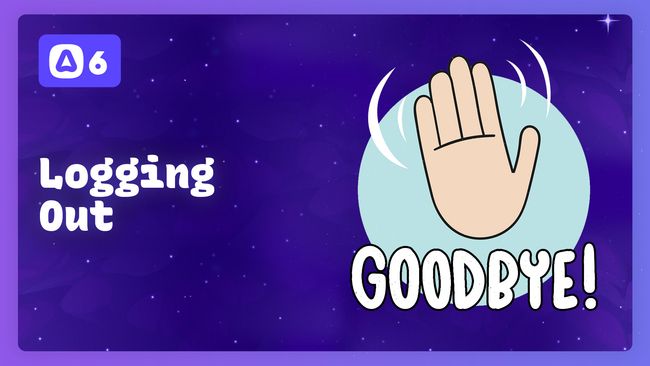
Logging Out Users
In this lesson, we'll hook up our logout user menu button to a POST route to logout an authenticated user.


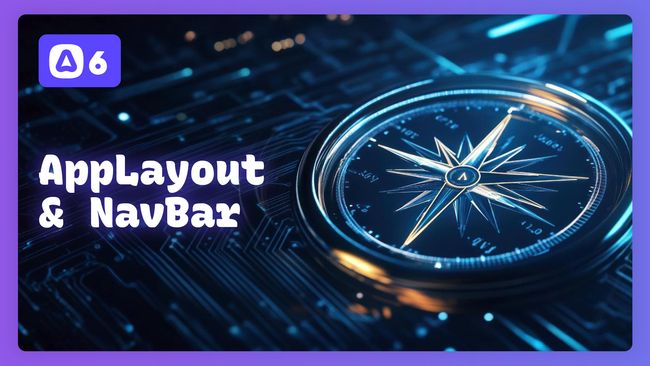
Completing Our AppLayout & Navigation Bar
In this lesson, we'll finish setting up our application's layout shell and navigation bar.


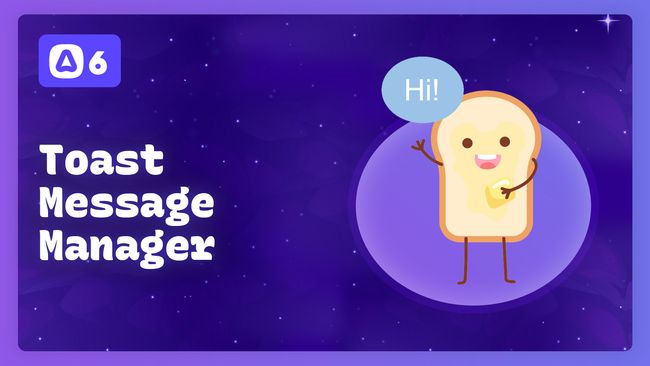
Creating A Toast Message Manager
Learn how to implement a user feedback manager in your app using toast messages and vue-sonner. We'll integrate our flash message manager with state provided from AdonisJS' flash messages store to display success and error messages.


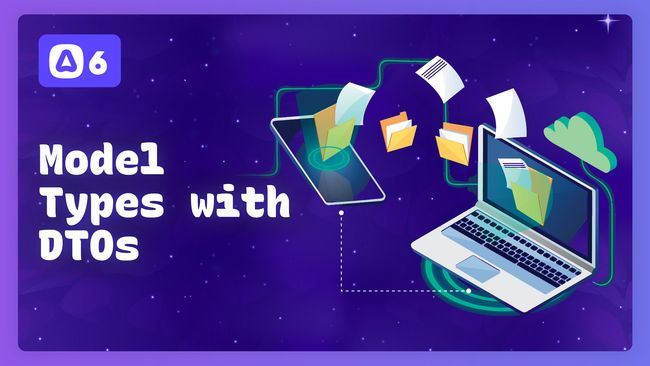
Typing Lucid Models in Inertia with DTOs
In this lesson, we'll learn how we can specify types for our Lucid Models easily using DTOs we'll generate directly from our models.


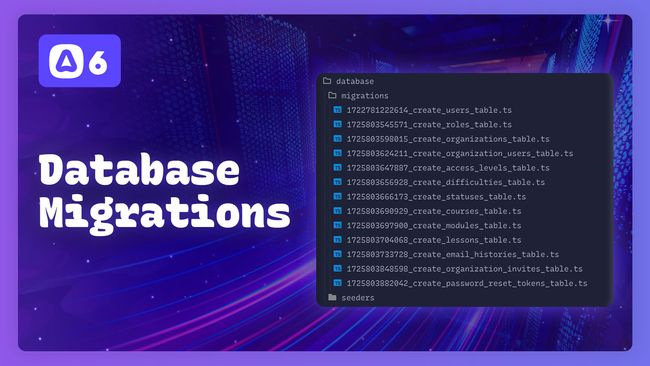
Defining Our Migrations & Foreign Keys
In this lesson, we'll create our migrations, models, and some of our controllers. We'll then fill out our migrations and define our relationship's foreign key constraints.


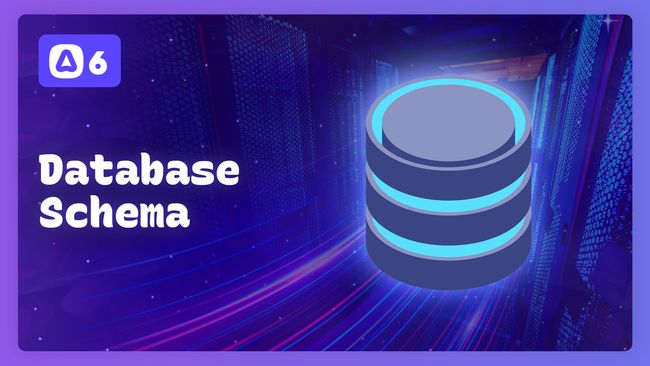
Understanding Our Database Schema
In this lesson, we'll walk through a diagram of our application's database schema to understand how things relate to one another.


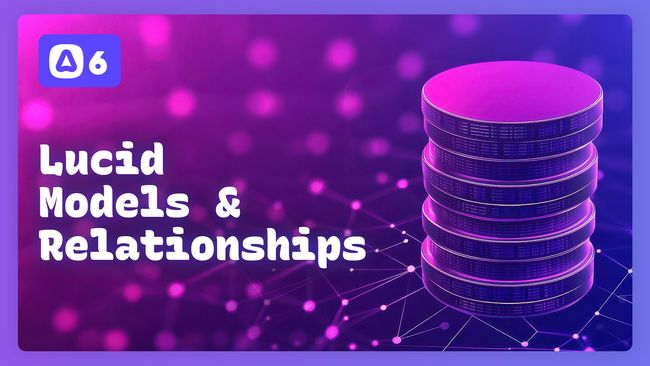
Defining Our Lucid Models & Relationships
In this lesson, we'll convert our migrations into Lucid Models and define both sides of the relationships so they're ready to go.


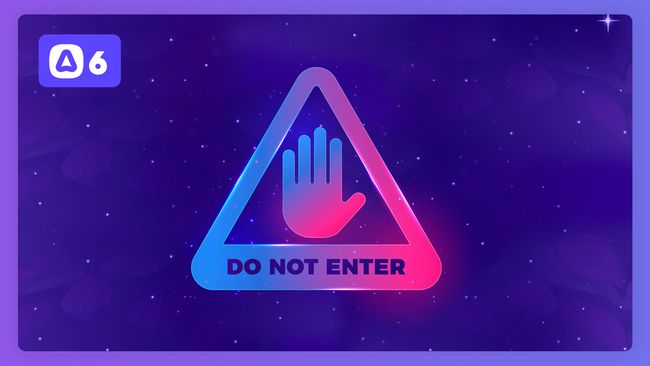
What Are Some of Inertia's Limitations
In this lesson, we'll discuss a couple of Inertia's request and routing limitations and how we can circumvent them by reaching for axios or fetch instead.


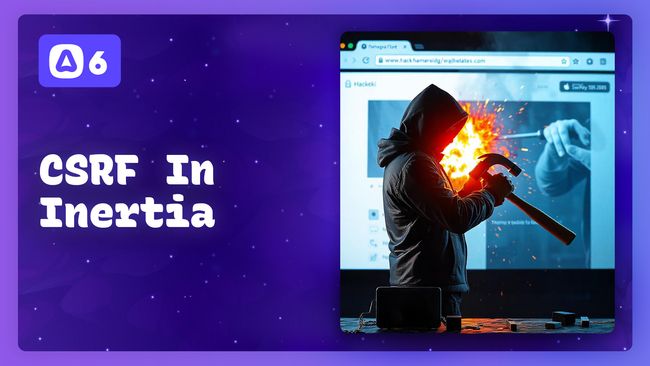
Cross-Site Request Forgery (CSRF) Protection in InertiaJS
In this lesson, we'll learn how cross-site request forgery (CSRF) protection between AdonisJS and InertiaJS behaves in our application.


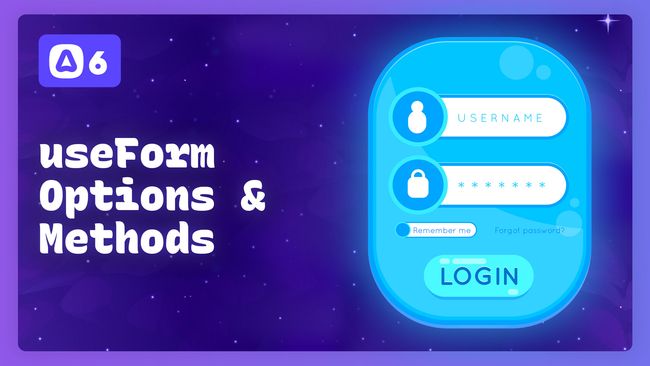
Common useForm Methods & Options
In this lesson, we'll walk through some of the more common methods and options we have with the useForm helper, like adding form errors, maintaining scroll position, mutating values prior to submission, and more.


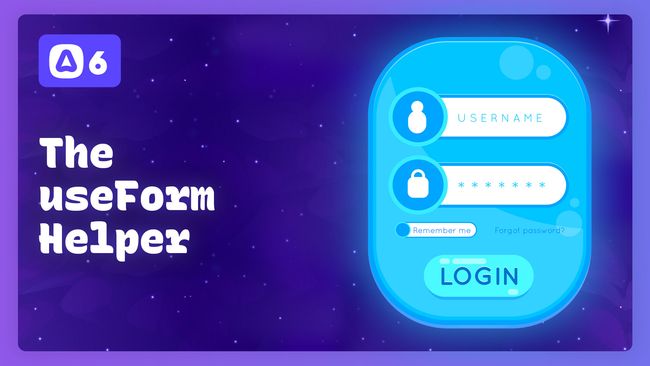
The useForm Helper
In this lesson, we'll introduce the useForm helper composable provided by InertiaJS. We'll refactor our current form to use the useForm helper instead and see how it can help manage our form state, errors, and submission.


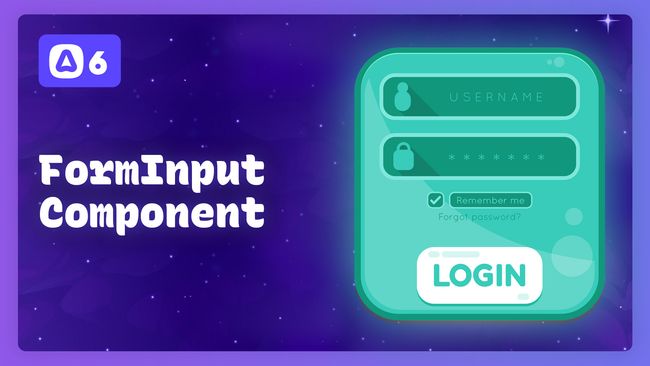
Creating A FormInput Vue Component
In this lesson, we'll create a reusable FormInput Vue Component using our current form field as a starting point.

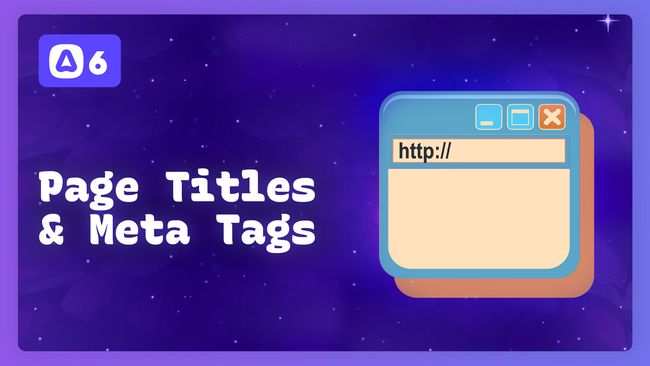
Specifying Page Titles & Meta Tags
In this lesson, we'll learn how we can append information into the head of our document with Inertia on a per-page basis. We'll then create our own head component, wrapping Inertia's, to allow easier global changes.

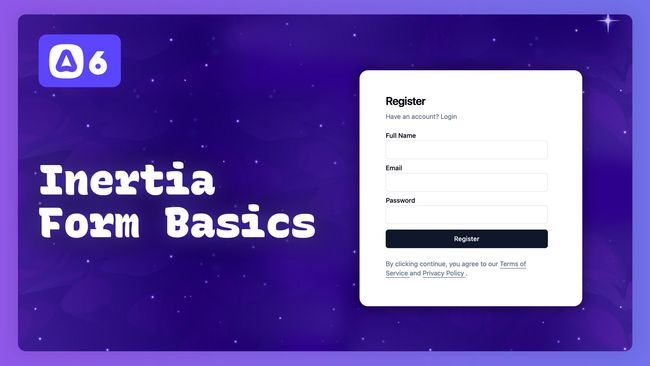
Inertia Form Basics
In this lesson, we'll introduce the basics of working with form in Inertia. We'll set up our register form with its fields, get our form state set up, and send off a post request to one of our AdonisJS routes.

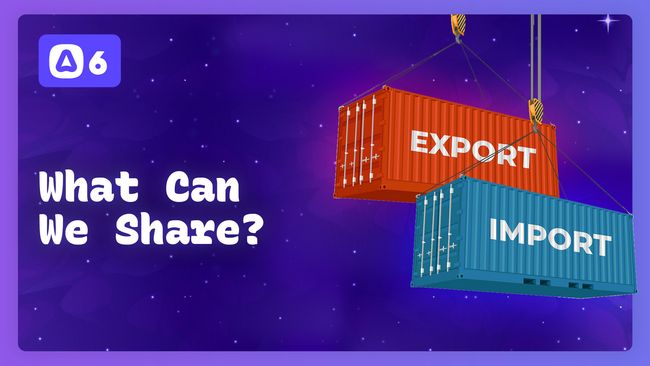
What Code Can & Can't Be Shared Between AdonisJS & Inertia
In this lesson, we'll discuss what code we can and cannot share between AdonisJS and Inertia.


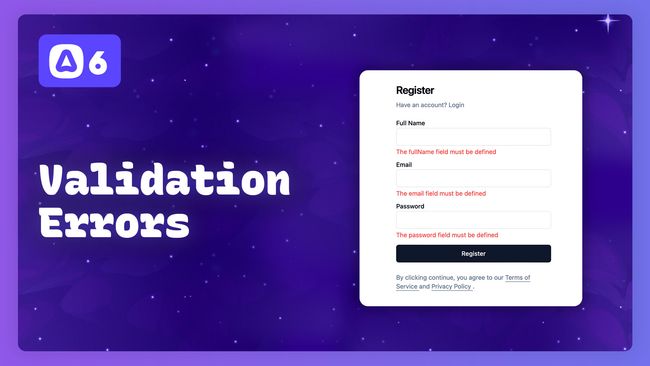
Form Validation & Displaying Errors
In this lesson, we'll add validation to our POST handler for our register route. We'll then update our form fields to check for and display any validation errors that may have occurred.

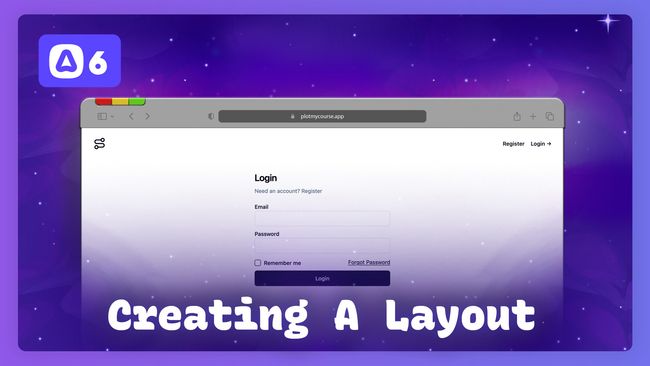
Creating A Layout
In this lesson, we'll learn how to create a layout component and apply it to all our pages, the Inertia way.
Showing 61 to 80 of 101 results